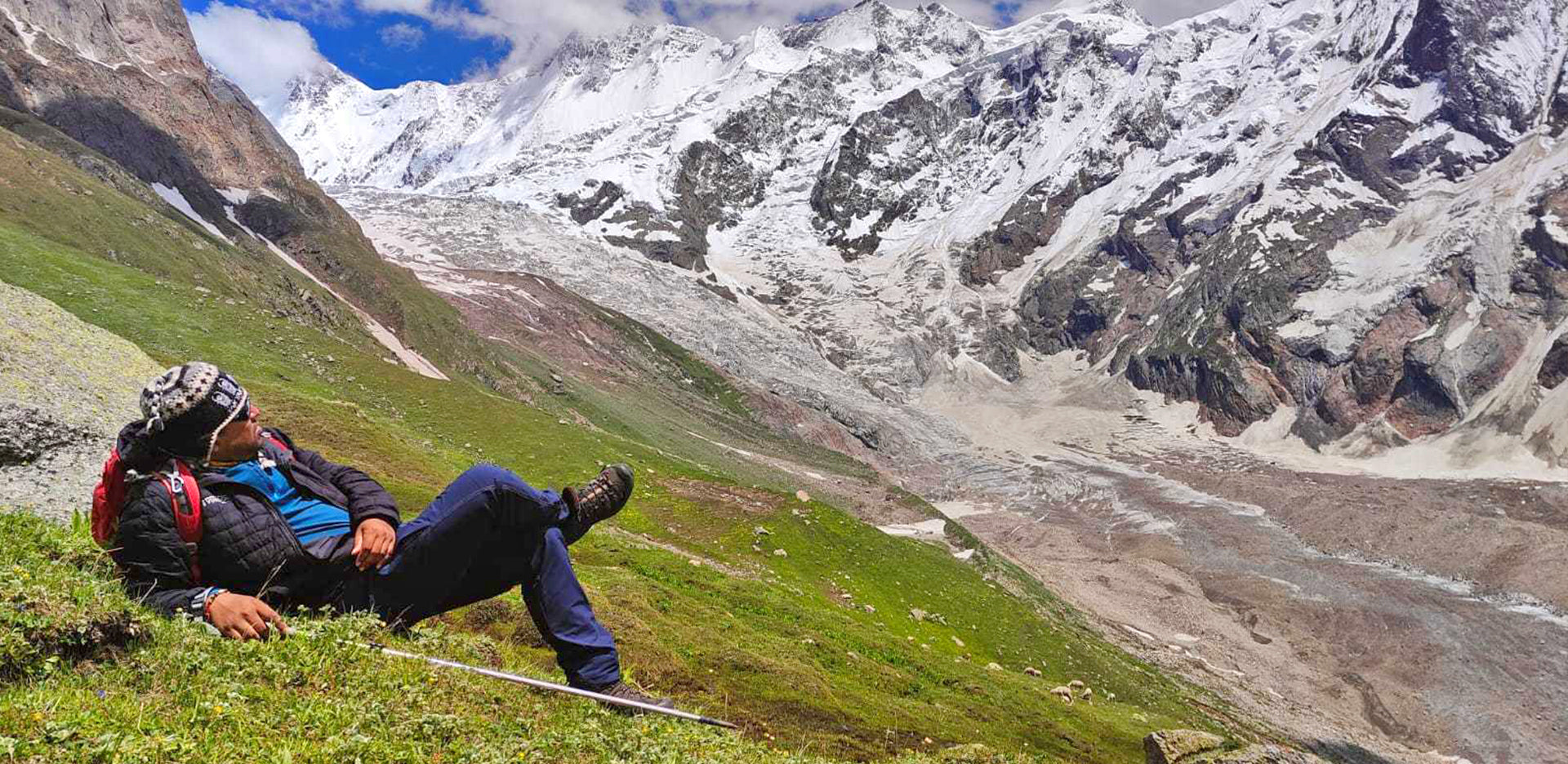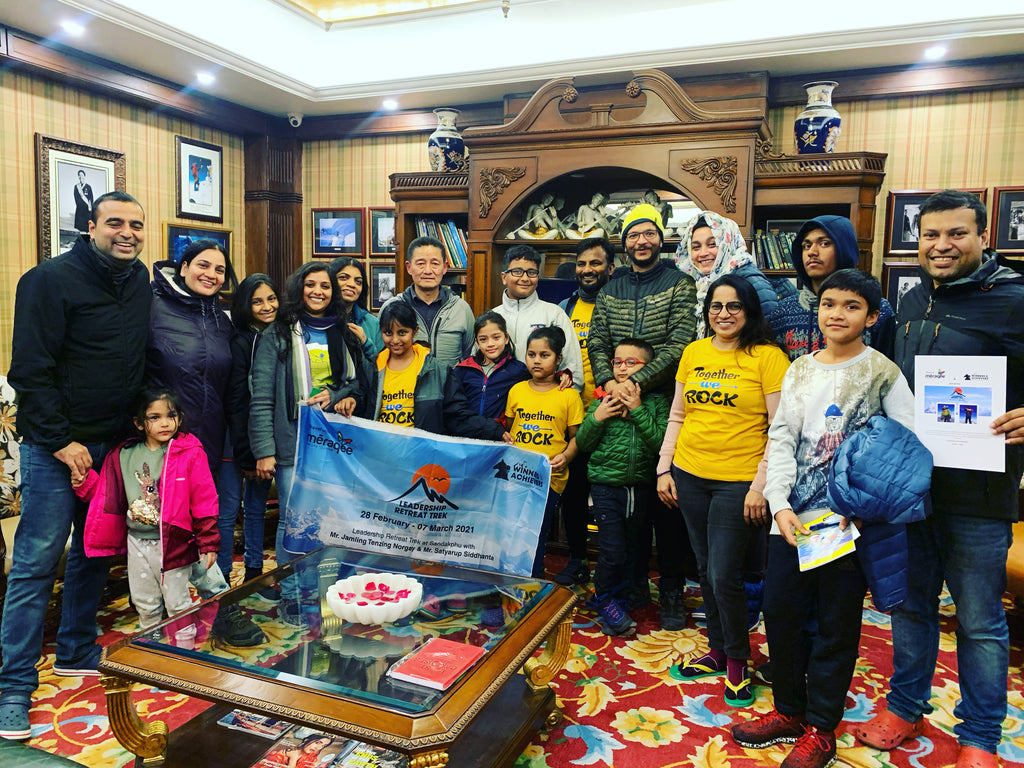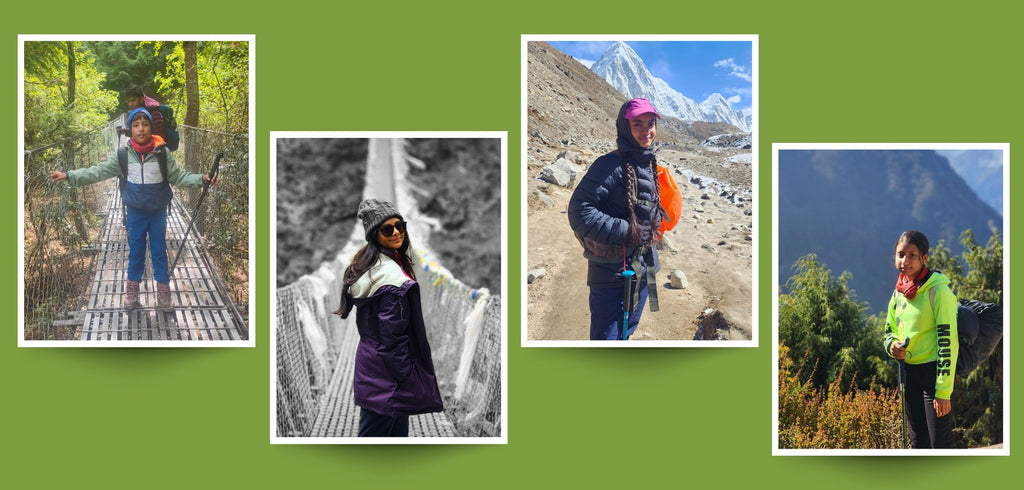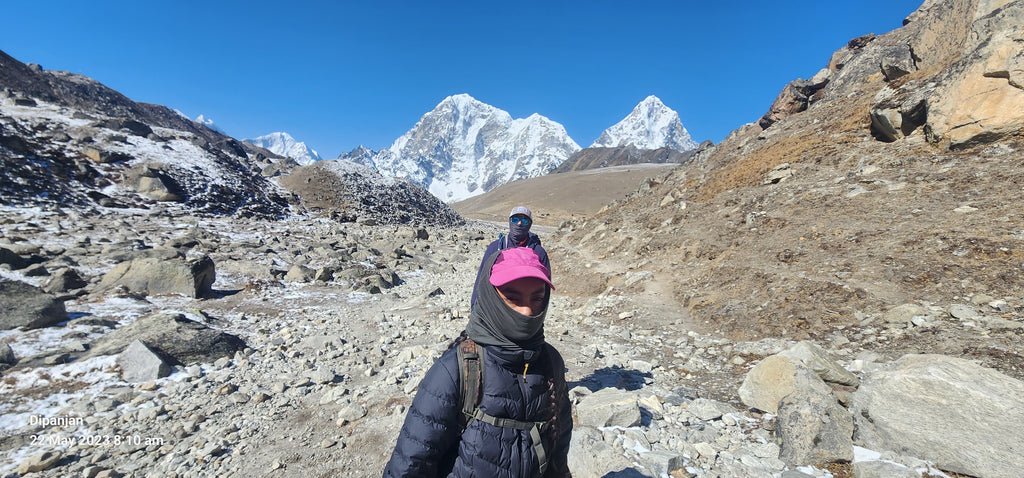
As an asthmatic kid from a small town, Satyarup Siddhanta did not ever imagine him being actively involved in any outdoor activities. Years down the line, he is now the youngest in the world to climb the 7 summits and the Volcanic 7 summits, with several world records to his credit. He is now on a mission to introduce children to the thrill of outdoor activities, to help them get a taste of adventure and make more out of life than what it may seem to offer. Excerpts from a freewheeling chat:
What inspired you to take up mountaineering?It was not until 2008, when I was working in Bangalore that I had my first brush with trekking. My boss showed me pictures of Parvathamalai in Tamil Nadu and something resonated. I wanted to try trekking there although it could’ve potentially cost me my life. I believed if I took an inhaler it might work, so without divulging I was asthmatic I joined the trek. I didn’t have to use the inhaler even once. When I reached the top, something had changed in me. My self-confidence and self-esteem went up.
How did you overcome the challenges that came with being asthmatic?
I started reconditioning my body, working around food allergies, diets and doing cardio exercises. I persisted without knowing whether it would work out or not, but it did instil a sense of freedom in me. I eventually started doing half marathons. The beauty of mountaineering is that you don’t go fast. It’s slow and steady. That also helped.

Group of kids on Sandakphu Trek bumping into Jamling Norgay, son of Tenzing Norgay.
Can you describe your experience playing the Indian National Anthem on flute in Antarctica?
The trip to Antarctica itself was a huge expense and I wanted to make it count. There's obviously no electricity on top of Vinson Massif so the only options were wind or string instruments. So, I picked the flute and started learning from YouTube. I had no musical background until then. I practiced playing with gloves. But on the trip, my flute broke. I was, however, determined. I played our National Anthem with a broken flute, without gloves, at the risk of frostbite.
Do you have any specific experience where having the right gear made a huge difference to your expedition?
Gear selection is very important. I had to give up on one expedition because of wrong gear selection, where I carried heavy duty gloves instead of technical gloves. I couldn’t lean on icy walls and kept losing grip and had to be rescued via helicopter.

The sheer ecstasy of reaching Everest Base Camp.
What was your motivation to introduce kids to the outdoors?
I started late and could still make world records. Imagine the potential kids have. I want to give them the opportunity to start young and experience more. Even if you don't pursue mountaineering, the life lessons it imparts you with, I believe, will eventually build a stronger generation.

On the way to the Everest Base Camp
What are the things to keep in mind in terms of safety, fitness and gear while taking kids out on adventure trips?
When I first took kids out for trekking I was scared. There were asthmatic kids too in the team. I had a few friends accompany me and had medical facilities ready. We convinced the parents. There were kids as old as 3 and a half years to 12-13 years. The parents were surprised when the kids successfully completed the trek. When it comes to children's gear, I feel it is a big gap that must be filled. I’m happy to be working with Reccy on developing a new line of children's gear!
Do you have any specific mountaineering projects or expeditions for kids planned for the future?
Our company Winners and Achievers already took kids to Sandakphu and Everest base camp, with Annapurna base camps in the cards for next year. Currently we are working on a project that is focused on taking adventure to schools, to give students a taste of it in safe conditions, encouraging them to take up outdoor activities.


